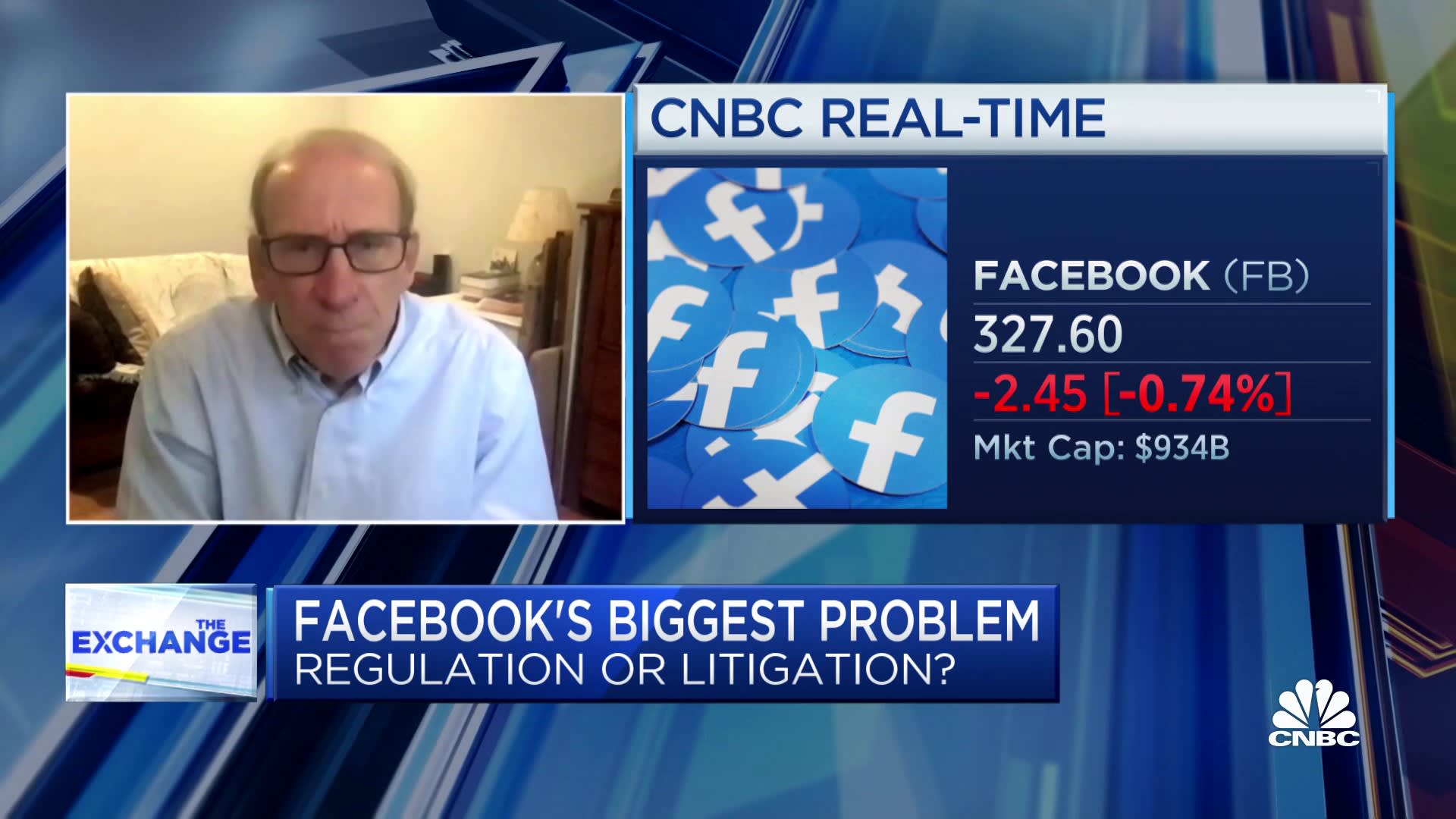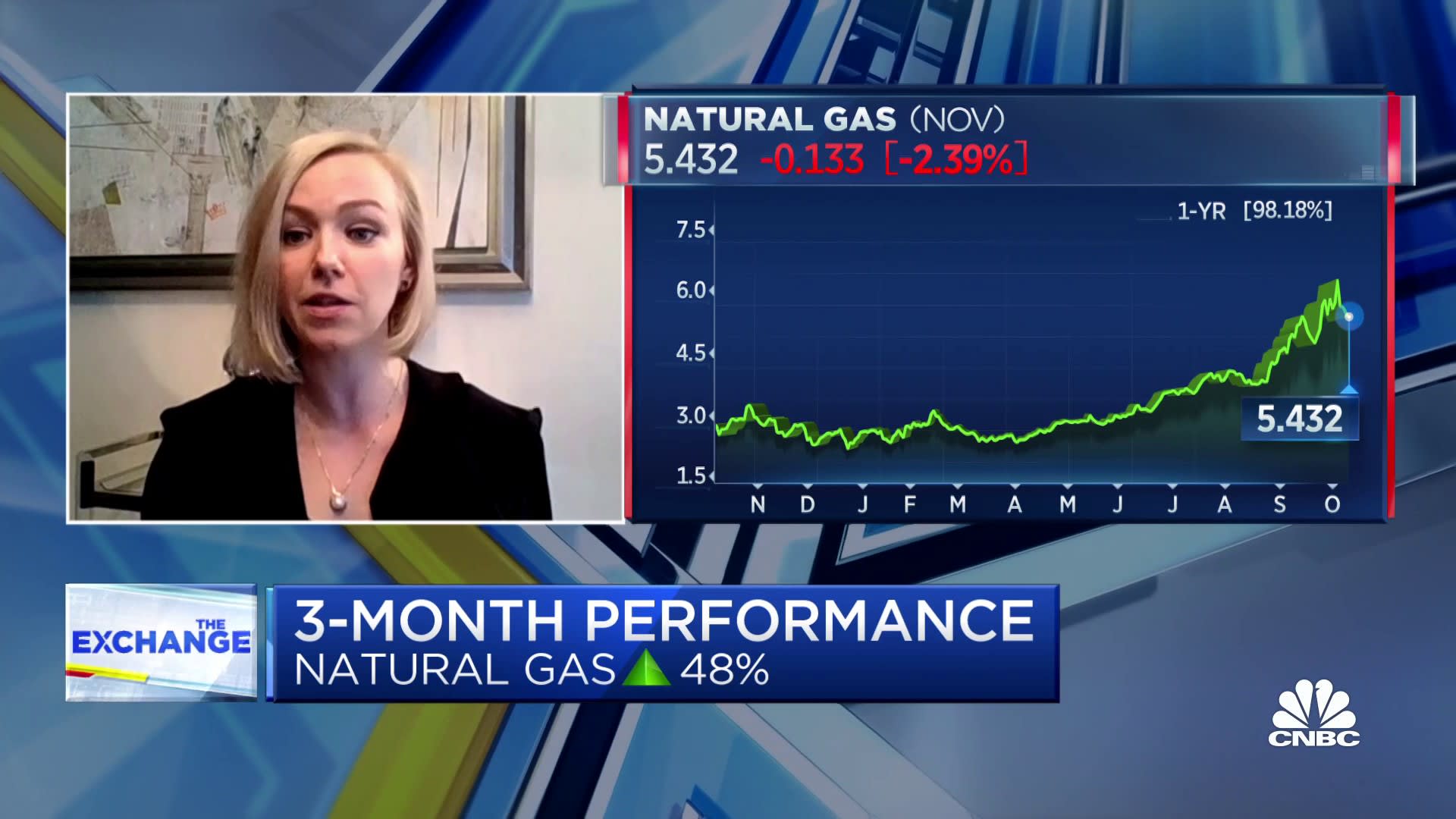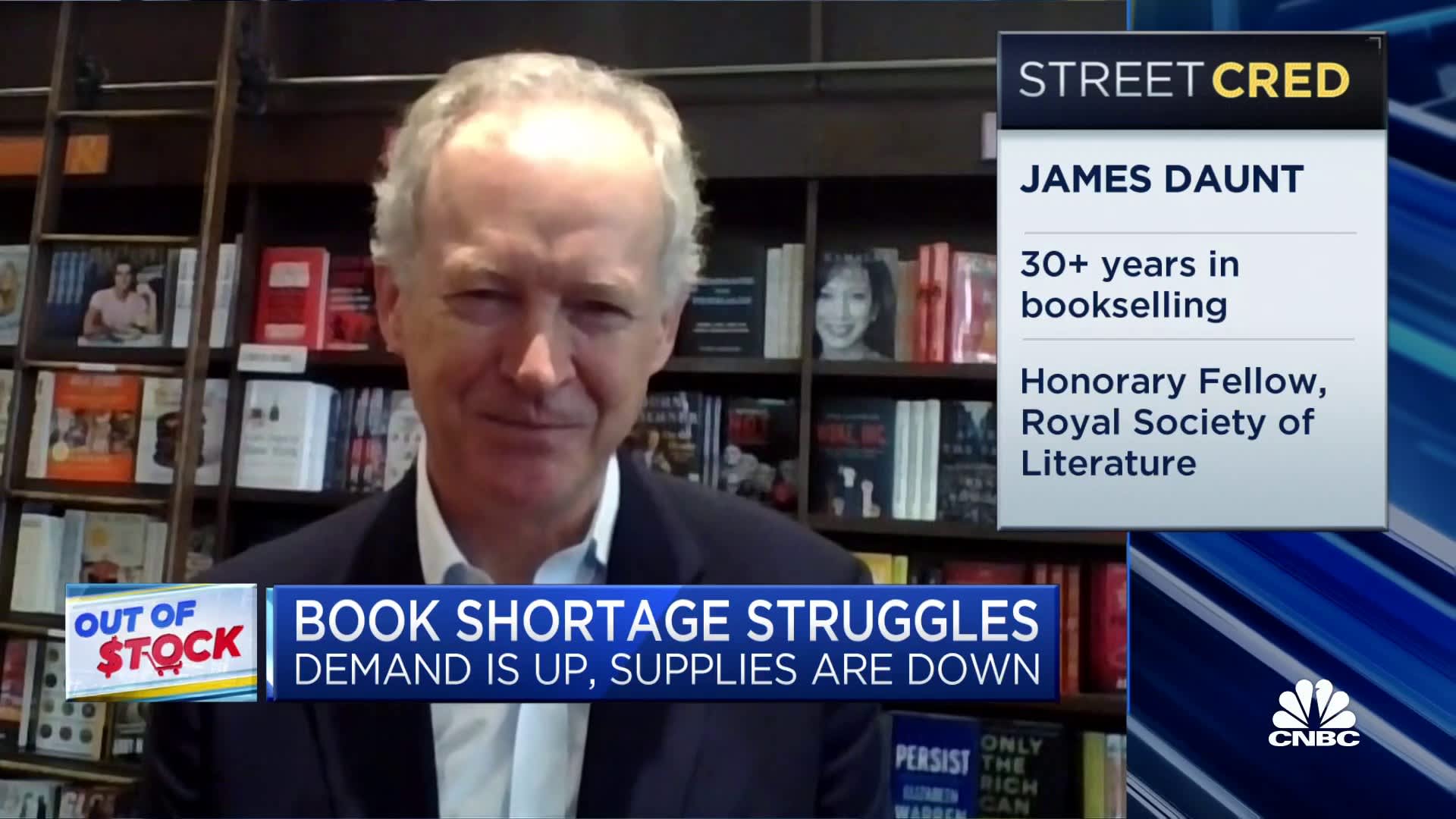Who needs gasoline?
EDITOR'S NOTE
I joked in passing the other day ("Nat gas is the new oil") that if you buy an EV to replace your existing car, your household demand for gasoline goes away overnight, "except for the lawn mower." To which I got a raft of replies from people raving about their electric--and even robotic--lawn mowers and yard tools. I hadn't realized how many households have already made the switch.
And now, a whole lot more will be doing so by 2024, thanks to a new California law that was signed by Governor Newsom over the weekend. The law aims by that date to ban sales of "small off-road engines," which are primarily found in lawn mowers, leaf blowers, and generators. According to the bill, there were more air pollutants from these engines in California last year than from light-duty passenger cars. "One hour of operation of a commercial leaf blower can emit as much [pollutant] as driving 1,100 miles in a passenger vehicle," it notes.
Now, those familiar with the supply chain of household power tools might immediately know which companies this favors (and doesn't). For instance, those who love their electric RYOBI equipment might wish they had bought shares of Hong Kong-based Techtronic, their parent company, which have nearly tripled since 2019 ($TTNDY). (The company also owns brands like Hoover and Dirt Devil which seem likely pandemic beneficiaries.)
But the bigger question is where this leaves demand for gasoline, and ultimately, for the entire oil-producing and refining infrastructure. You can tell me that there will still be demand for gasoline for many, many years, but I can tell you that the market is vicious and if it senses obsolescence will rapidly mark down the value of this supply chain. Why is Exxon trading 40% below where it was in 2014, the last time oil prices were this high? Why did the solar ETF have its best day in over a year yesterday when the price of oil shot above $81 a barrel, while the energy ETF declined?
Just this morning, Bank of America put out a massive "Net Zero Primer" noting the huge market opportunities that the transition away from fossil fuels is starting to create. "Exponential cost reductions in wind, solar, and batteries have made renewables the cheapest form of energy in areas producing >90% of global electricity," they write. EV battery costs have dropped 89%, bringing cost parity with traditional cars to 2024 "or sooner," they add.
And they point to what's already happening in the market: New fossil-fuel energy debt is pricing nearly a point (0.7pp) higher than other similar investment grade issuance. Equity multiples for stocks with the highest ESG scores now trade at a 25% premium to the market, versus a 20% discount historically.
Let's be clear: the squeeze in fossil fuel prices may not be over. Especially for natural gas, where Citi's Ed Morse this morning warns that a cold winter could see prices spiking to $100 per million BTUs! (Equivalent to over $500 a barrel for oil.) But Morse also warns that these spikes could actually make the policy leaders gathering at COP26 in a few weeks--the big UN Climate Summit--more likely to move more quickly in replacing fossil fuels with clean energy.
In the meantime, those who still want their gas-powered lawn tools and generators better act now--just look at how blackouts hit another 23 counties this week to fend off California wildfires as local wind speeds kicked up (which Britain needs right now to help keep its own power going!). The ironies are rich.
See you at 1 p.m!
Kelly

KEY STORIES
IN CASE YOU MISSED IT
| ||||||||||||||||||||||||||||||||||||||||||||||||||||||||||||||||||||||||||||||||||||||||||||||||||||||||||||||||||||||||||||||||||||||||||||||||||||||||||||||||||||||||||||||||||||||








Post a Comment